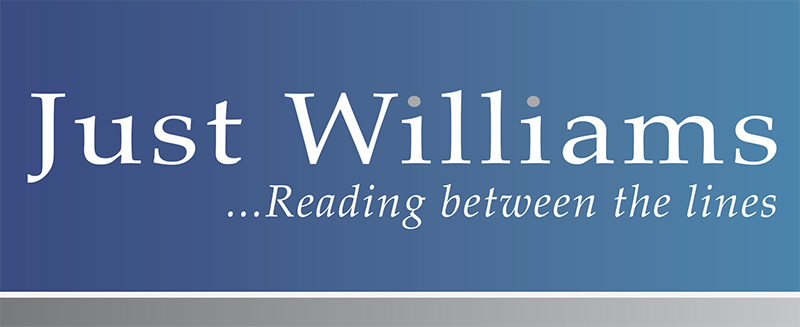
It was Robert Louis Stevenson (among others) who noted it was better to travel than arrive. Having flown with Ryanair, I would beg to differ. However, the disappointments of budget airline travel, the Pringles costing more than the ticket and the embarkation scrum resembling a scene from ‘Zulu’, pale into insignificance when considering the journey the Euro and its members have undertaken.
The Euro was launched on the 1st January 1999 among great fanfare. The triumphant mood was epitomised by the Austrian finance minister, Rudolf Erlinger, who declared “we are standing at the dawn of a new era in history”. The Portuguese announced they were delighted while the Germans urged everyone to work harder. Mr Erlinger’s prediction proved to be correct, although not in the way he meant. Portugal is now far from delighted while the Germans were right all along that prosperity is intricately linked to getting a sweat on.
Of course, smaller nations like Greece and Portugal are but a sideshow; Rome is now the target for international bond investors. Italy’s solvency, like Mr Burlusconi’s hair, doesn’t look credible against a €1.9 trillion debt burden, borrowing costs of 7% and the need to refinance €300 billion in 2012.
There really should be no surprise that Europe is in such a mess. All participants in the Euro wanted something different from it. Germany loved the strong Deutschmark but also wanted a currency that enabled it to export its wares (stronger currencies render exports more expensive to the buyer). The Iberians wanted Germany’s interest rates to develop Costa golf complexes while the Greeks simply wanted to retire. Anybody possessing a modicum of common sense could see that eventually, the wildly differing mentalities and economies of the Euro bloc would lead to serious trouble; which is probably why the vast majority of politicians and economists thought it an excellent idea.
It is ironic that the very same political class who created the Euro (yet couldn’t identify the inherent fault lines of such a union) are now tasked with finding a solution. We are not holding our breath; the first step to solving a problem is to understand it and Theresa May knows more about border security than the Euro elite does about good housekeeping.
Ultimately, it will be up to the Germans to decide what will happen; only they have the firepower and economic clout to keep the show on the road. However, a nation still scarred by the hyperinflation of the Weimar era will find it psychologically difficult to sanction massive bailouts of profligate Mediterranean states. If the Euro is to survive, Europe needs a bit more sauerkraut and a lot less Bunga Bunga.
John Newsome can be contacted on: 01423 705123 or email:john.newsome@williams-im.com

